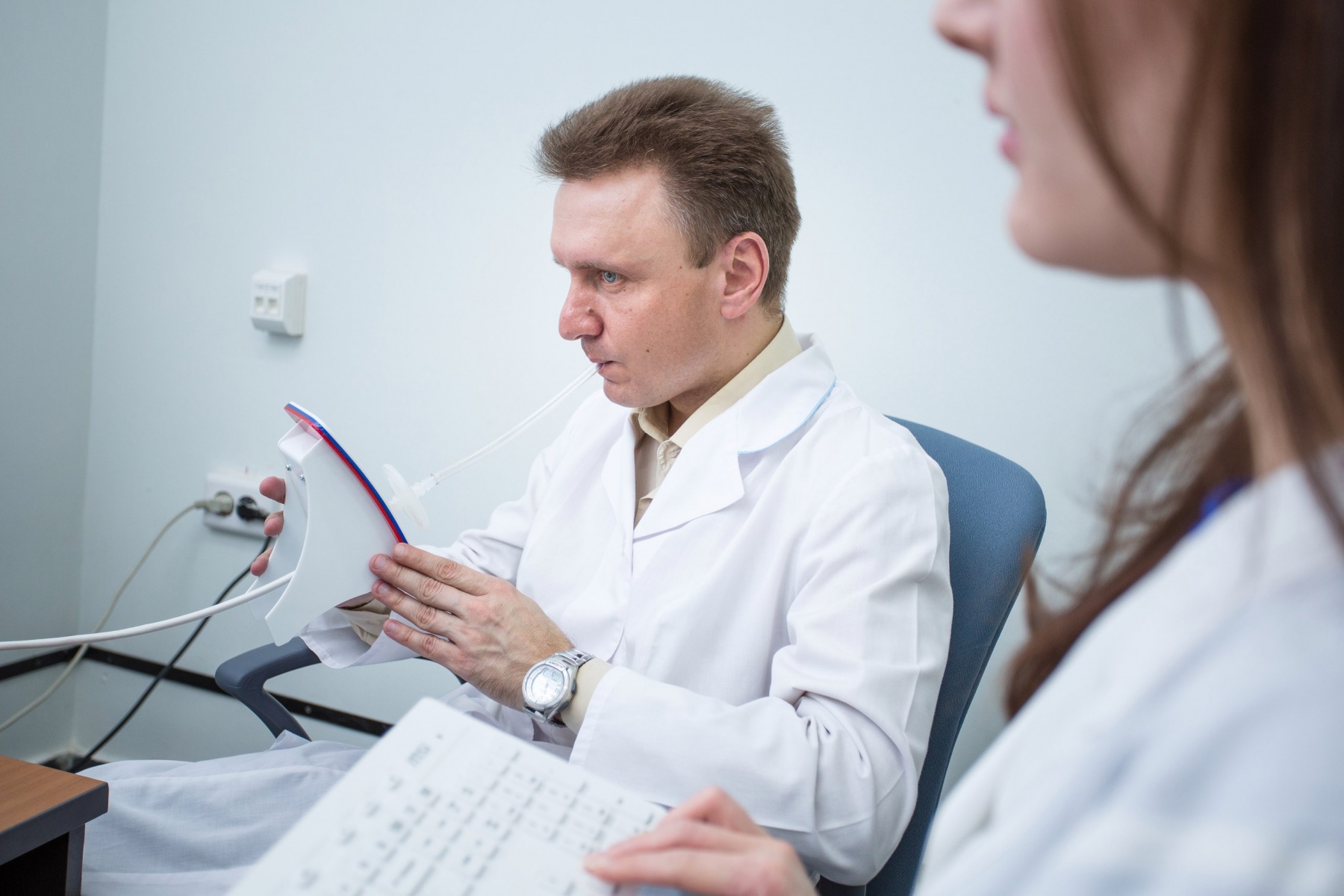"Russian hospitals are equipped with a lot of ventilators. It was evident that when the incidence of COVID drops, the ventilators will stand idle. So we had an idea to transform ventilators for rehabilitation of people who had a severe form of COVID and have long-term effects," explains Konstantin Belyakov, a TSU Rector's board adviser.
The doctors say that the long-term effects are caused by lung system failure: heavy breathing, chronic fatigue, concentration loss, and loss of cognitive functions due to lack of oxygen to the brain. To solve this problem, TSU scientists have invented a software and hardware system for physiotherapeutic training and lung disease prevention, working with doctors from Tomsk clinics and COVID hospitals.
The developers say that ventilators have all the necessary functions to train the lung system: it regulates atmospheric pressure, oxygen percentage, and other necessary parameters. The device for registering the profile of volatile metabolites in the exhaled air created at TSU analyzes changes that occur in the body during an illness.
"A system of these two devices opens new opportunities in rehabilitation," says Yuriy Kistenev, executive director of the strategic academic unit Institute of Biomedicine. "On one hand, the ventilator allows exercising the lungs; on the other, gas analysis enables monitoring changes in the patient's condition. It is important for the necessary corrections in rehabilitation plan. The new equipment can also have other purposes, for example, training athletes."

The device is not hard to manufacture. The developers say that after the COVID incidence rate drops, many ventilators in intensive care units will stand idle. A simple re-equipment will help people go back to normal life and regain the ability to work, which will positively affect the country's economy.
TSU patented this technology in July 2021. Currently the university is searching for an industrial partner who will be able to manufacture these critically needed rehabilitation devices.






